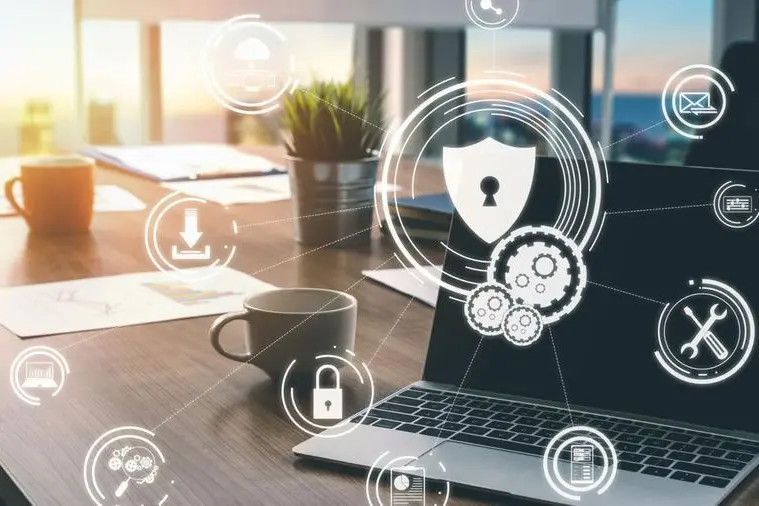PHOTO
AI-enabled wearables could spark debates about privacy, and the anticipated proliferation of AR and VR is likely to set new standards regarding privacy in 2024. At the same time, the significance of data breaches containing passwords is expected to diminish as two-factor authentication becomes more prevalent, and users enhance privacy with assistant bots.
Data Privacy Day is held annually on January 28 to raise awareness on the topic. According to Kaspersky, the privacy field is undergoing a transformative moment due to the emergence of new technologies and evolving regulatory practices. Major events in 2023 in the social, economic and political spheres, as well as new technological trends, will be the main factors influencing the privacy landscape in 2024. Kaspersky experts’ predictions include:
- AI-enabled wearables may spark a fresh debate on privacy.
While people have embraced devices like smartphones and smart assistants in their homes, wearables, especially those with cameras like smart glasses or AI pins, tend to evoke more suspicion. The overt nature of these devices could genuinely cause privacy-conscious individuals concern, assuming they gain popularity.
- AR and VR developments are poised to establish new privacy standards in 2024.
Apple's product launches typically draw public attention, sparking discussions regarding privacy, especially when it comes to technologies that have not been regulated properly yet. With the introduction of Apple Vision Pro and the increasing integration of AR/VR into daily life, privacy concerns are likely to take center stage.
- Advancing privacy through the emergence of assistant bots.
The growing prevalence of assistant bots, utilizing natural language processing (NLP), offers a compelling opportunity to enhance user privacy across diverse sectors. Envision a future where bot assistants play a crucial role in safeguarding personal data, particularly during calls. A sophisticated bot assistant could seamlessly handle user calls, ensuring sensitive information, such as the user's voice is protected.
- Leaked passwords will provide less cause for concern as their importance continues to decline.
The primary reason for the decline in fears of leaked passwords is the rising prevalence of two-factor authentication where an additional code to confirm your login is sent via SMS or generated in a special authenticator application, such as Kaspersky Password Manage. Additionally, some services, like Google, already feature “passwordless” authentication via passkeys, while others favor biometric authentication over traditional passwords.
"In the era of evolving technologies, the notion of private data must extend beyond traditional boundaries. The advent of AI-enabled wearables, AR/VR developments, and the rise of assistant bots necessitate a broader understanding of privacy. As these innovations become integral to daily life, our concept of personal data must encompass not only what we willingly share but also the nuanced interactions and insights these technologies inherently possess,” comments Anna Larkina, security and privacy expert at Kaspersky.
To learn more about what to expect in privacy field, visit Securelist.com.
About Kaspersky
Kaspersky is a global cybersecurity and digital privacy company founded in 1997. Kaspersky’s deep threat intelligence and security expertise is constantly transforming into innovative solutions and services to protect businesses, critical infrastructure, governments and consumers around the globe. The company’s comprehensive security portfolio includes leading endpoint protection, specialized security products and services, as well as Cyber Immune solutions to fight sophisticated and evolving digital threats. Over 400 million users are protected by Kaspersky technologies and we help over 220,000 corporate clients protect what matters most to them. Learn more at www.kaspersky.com.




















